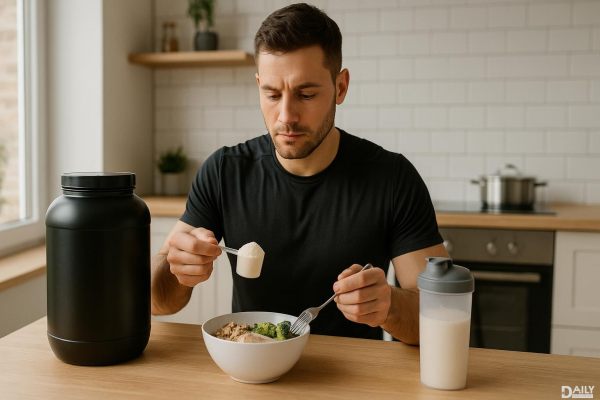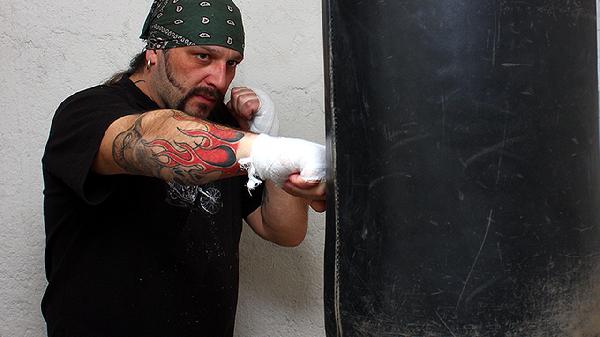If you're hitting the gym regularly and wondering how much protein you need to build muscle, the answer isn’t as straightforward as chugging a protein shake after every workout. While protein is essential for muscle growth, the amount you need depends on factors like your weight, activity level, and fitness goals. Spoiler alert: you might not need as much as you think. Let’s break it down so you can optimize your protein intake without overdoing it.

Protein is the building block of muscle, and when you work out, you create tiny tears in your muscle fibers. Protein helps repair these tears, making your muscles stronger and bigger over time. But here’s the kicker: your body can only use so much protein at once. Consuming more than your body needs won’t magically turn you into the Hulk—it’ll just get stored as fat or excreted. So, how much is enough? Studies suggest that for most people, 0.7 to 1 gram of protein per pound of body weight is sufficient for muscle growth. For a 150-pound person, that’s about 105 to 150 grams of protein daily.
You’ve probably heard the myth that you need to slam a protein shake within 30 minutes of your workout to maximize gains. While timing can play a role, it’s not as critical as some fitness influencers make it seem. Your body is constantly breaking down and rebuilding muscle, so spreading your protein intake throughout the day is more important than obsessing over the “anabolic window.” Aim to include a source of protein in every meal and snack to keep your muscles fueled and ready to grow.
Not all protein is created equal. While it’s tempting to rely on protein powders and bars, whole food sources like chicken, fish, eggs, and legumes are your best bet. These foods not only provide high-quality protein but also come packed with essential nutrients like vitamins, minerals, and healthy fats. If you’re plant-based, don’t worry—options like tofu, tempeh, quinoa, and lentils can also help you meet your protein needs. Just make sure you’re mixing and matching to get all the essential amino acids your body requires.
Absolutely. While protein is essential, overdoing it can lead to digestive issues, kidney strain, and even weight gain. Plus, if you’re loading up on protein at the expense of carbs and fats, you might feel sluggish and low on energy. Balance is key. Aim to get about 10-35% of your daily calories from protein, depending on your activity level and goals. And remember, hydration is crucial when you’re eating a high-protein diet—your kidneys need water to process all that protein efficiently.
Let’s clear up some common misconceptions. First, no, you don’t need to eat a steak every night to build muscle. Second, plant-based protein is just as effective as animal protein if you’re combining the right sources. And third, more protein doesn’t equal more muscle. Your body has a limit to how much it can use, so focus on quality and consistency rather than quantity.
So, how much protein do you really need to build muscle? It’s not about going overboard—it’s about finding the sweet spot that works for your body and lifestyle. Stick to the 0.7 to 1 gram per pound rule, prioritize whole food sources, and spread your intake throughout the day. With the right approach, you’ll be well on your way to achieving your muscle-building goals without stressing over every gram of protein.
























